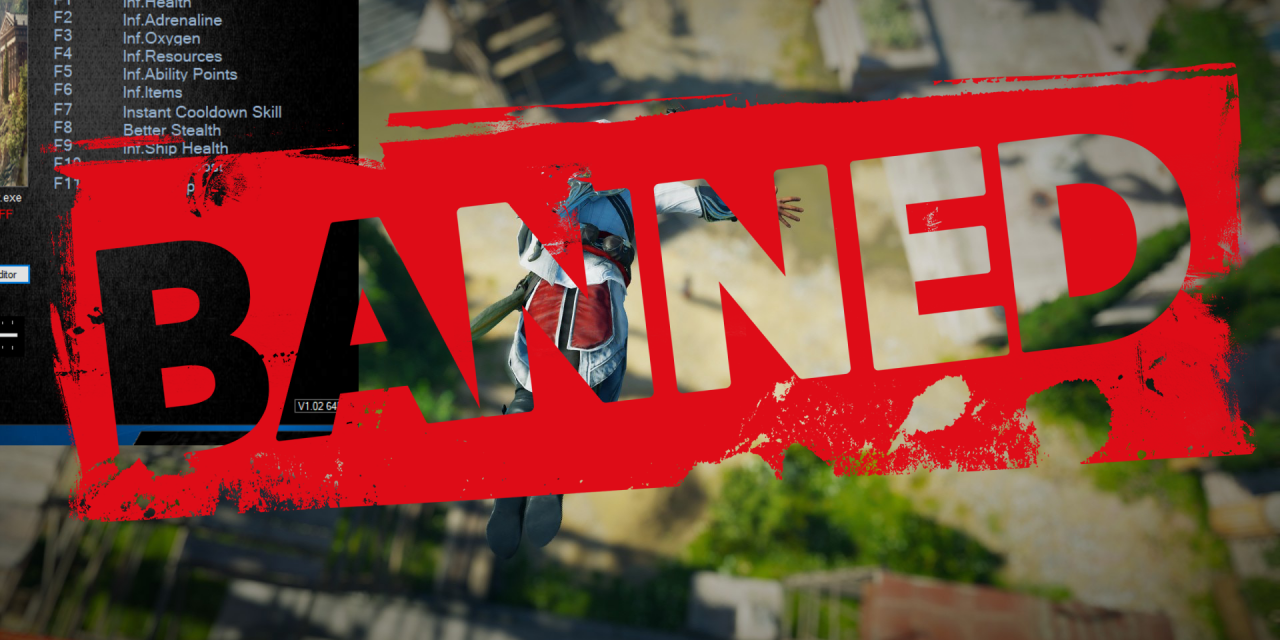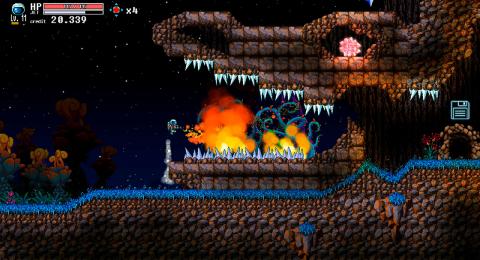
Game trainers operate by directly interacting with a game's memory and data to alter its behaviour to the player's benefit. These modifications can range from simple adjustments to complex changes that significantly affect gameplay. The ethical and legal implications of using game trainers are a topic of considerable debate within the gaming community.
The risk of facing a ban for using a game trainer largely depends on the context of play. In single-player modes, where the player's actions do not affect others, the use of game trainers is generally tolerated by developers. The rationale is straightforward: the player is altering their own gaming experience without impacting the enjoyment or gameplay of others. In these scenarios, developers may view the enforcement of strict anti-cheating measures as unnecessary, focusing their resources instead on maintaining the integrity of multiplayer environments.
Multiplayer Games
In the competitive arena of multiplayer gaming, fairness and equity stand as pillars of the community. Using game trainers in this environment is not just frowned upon; it's outright cheating. This is because such tools give users an unfair advantage over their opponents, disrupting the level playing field that is crucial for fair competition. Game developers and platforms enforce strict rules against cheating, employing advanced detection systems to identify and penalize violators. The consequences of using game trainers in multiplayer games can be severe, ranging from temporary suspensions to permanent bans. This strict approach is essential to preserve the integrity and enjoyment of online gaming for all players, ensuring that victories are earned through skill rather than through unfair advantages.
Developer Response and Community Impact
Developers invest heavily in creating detection mechanisms to ensure that multiplayer games remain fair and competitive. The use of game trainers undermines these efforts and can significantly damage the game's reputation and the trust within its community. As such, developers view the use of these tools in multiplayer settings as a direct violation of their terms of service and respond with appropriate penalties. This not only serves as a deterrent against cheating but also protects the community's interest, ensuring that the competitive spirit of multiplayer games remains intact.
Single Player Games
In the realm of single-player gaming, the use of game trainers presents a different set of considerations. Here, players might turn to trainers as a means to overcome particularly challenging obstacles or simply to enhance their gaming experience according to personal preferences. Since the gameplay is isolated, the impact of using such tools does not extend beyond the individual's experience.
Personal Experience and Developer Tolerance
In single-player contexts, developers tend to adopt a more lenient stance towards the use of game trainers. This tolerance is rooted in the understanding that the modifications made by trainers do not affect other players or the online community. The primary concern for developers in this scenario is ensuring that the game remains enjoyable and accessible to the player, without the competitive balance considerations that are paramount in multiplayer games.
Considerations for Players
Players considering the use of game trainers in single-player games should weigh their desire for assistance against the potential impact on their overall gaming experience. While trainers can provide a way to bypass frustrating challenges, they may also diminish the sense of accomplishment that comes from overcoming obstacles through skill and strategy. Ultimately, the decision to use game trainers in single-player games rests with the individual, based on their personal gaming goals and ethical considerations.
In summary, the use of game trainers in multiplayer versus single-player games is a matter of context, impacting the gaming experience and community differently. In multiplayer settings, the fairness and integrity of the game are paramount, with strict penalties for those who seek to cheat. In contrast, single-player games offer a more personal experience, where the use of trainers is a matter of personal choice, with developers generally showing greater tolerance.
















